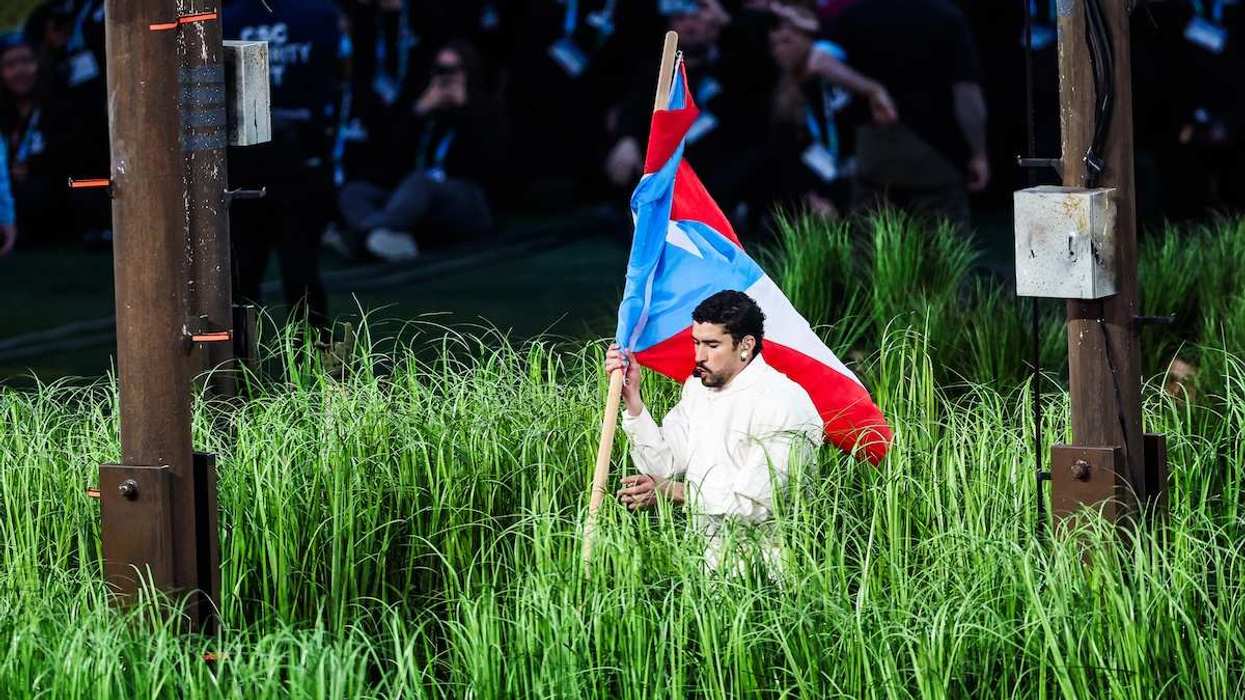Philippine leader visits Trump in search of a trade deal
Philippine President Ferdinand “Bongbong” Marcos Jr. meets US President Donald Trump today to talk trade and security, under threat of 20% tariffs from the US come Aug. 1. Bongbong does have a little leverage, though, given his country’s critical position in the South China Sea. Outside of China itself and a few small Japanese islands, the Philippines is the closest country to Taiwan, and has often confronted Beijing over territorial disputes. The Philippines is also the US’s oldest ally in the Pacific. Will this count for something when it comes to tariff negotiations?
United Kingdom turns to sanctions in latest bid to halt migrant flows
UK Prime Minister Keir Starmer has struggled to stop the flow of small boats bringing asylum seekers to the UK, so he’s turning to a new strategy: sanctioning human traffickers. The idea – which Foreign Secretary David Lammy dubbed as “the first of its kind” – is to target the problem at its root by punishing gang leaders, fake passport dealers, and other groups involved in people smuggling. Downing Street will roll out the full plan on Wednesday. Will the threat of sanctions really be enough to deter profit-seeking criminal organizations or desperate people seeking refuge in the UK?

















